
“…in this world, nothing is certain except death and taxes” – Benjamin Franklin
And in New Jersey, if you don’t pay your property taxes, you will lose your home.
Property taxes are charged by the city or town where you live, and are based on how much your house is worth. You usually get a bill for property taxes four times each year.
If you do not pay your property taxes, your city or town can sell the right to collect the taxes to a private investor, or can continue to collect the taxes themselves.
Either way, your unpaid taxes will include interest of up to 18%, and all future unpaid property taxes get added to the bill.
This same process applies to unpaid water, sewer, and other bills owed to your city or town.
If the property taxes remain unpaid, the private investor or the city can file a foreclosure complaint and have the Sheriff serve it on you. The Court will set a date for you to pay all of the back taxes, interest, and other fees in full.
If you do not make the full payment by the deadline (called the redemption date), title to your house transfers to the investor or municipality that brought the foreclosure. There is NO SHERIFF’S SALE or auction.
You can lose your property even if your house is worth much more than the taxes owed, and even when you have a mortgage or other liens on the property.
After the foreclosure, the new owner can remove you from your property. Anyone who is living in the property has to leave, even if the tax bill was not in your name, unless you are a tenant with a bona fide lease from the former owner.
You must pay down the tax arrears as soon as possible.
If you cannot pay the arrears all at once, ask to set up a repayment plan with your local tax office. The tax office can allow up to three years to repay the back taxes.
Even if the tax lien is now owned by a private investor, payments still must be made to your local tax office.
If a payment plan with your local tax office is not available, a Chapter 13 bankruptcy may give you up to five years to pay the back taxes.
When there is significant equity in your property, you may consider taking out a mortgage to pay off the property taxes. If you are 62 or older, a reverse mortgage may pay off your back taxes and not require you to make a monthly mortgage payment.
Keep in mind, you will need to stay current on your upcoming taxes while pursuing any of these options. Otherwise, these new tax bills will get added to the old bill with interest.
For more information about filing a Chapter 7 bankruptcy, or for further assistance, please contact Central Jersey Legal Services.
Mercer County: (609) 695-6249
Middlesex County: (732) 249-7600
Union County: (908) 354-4340
